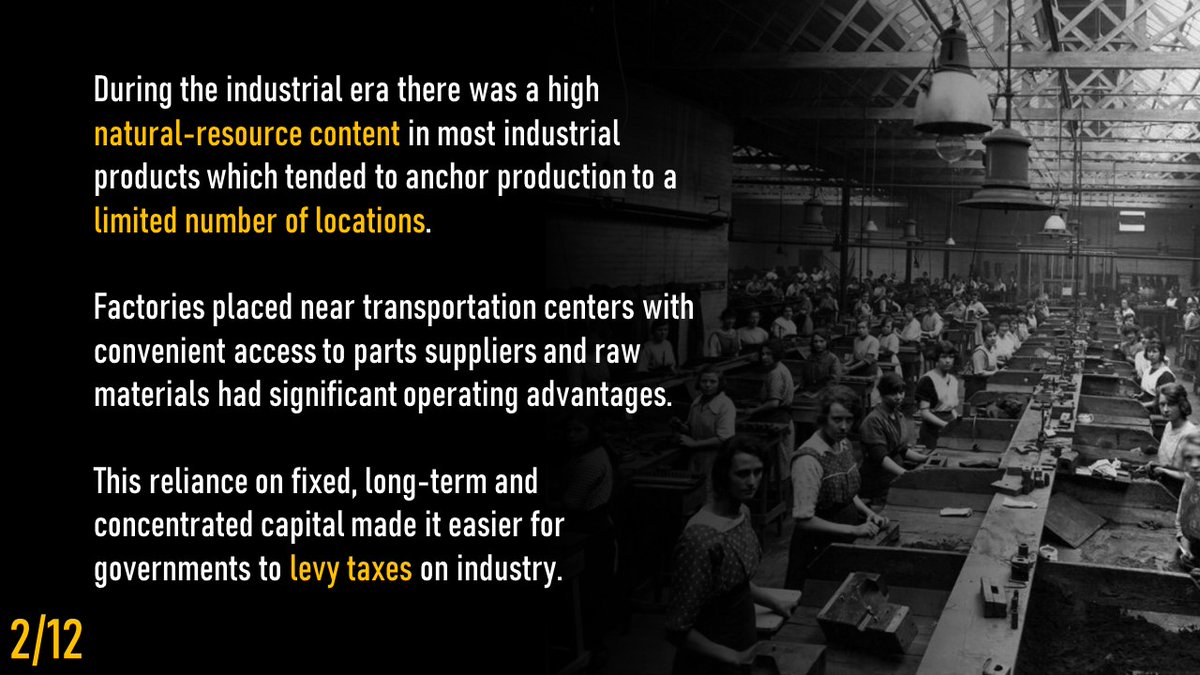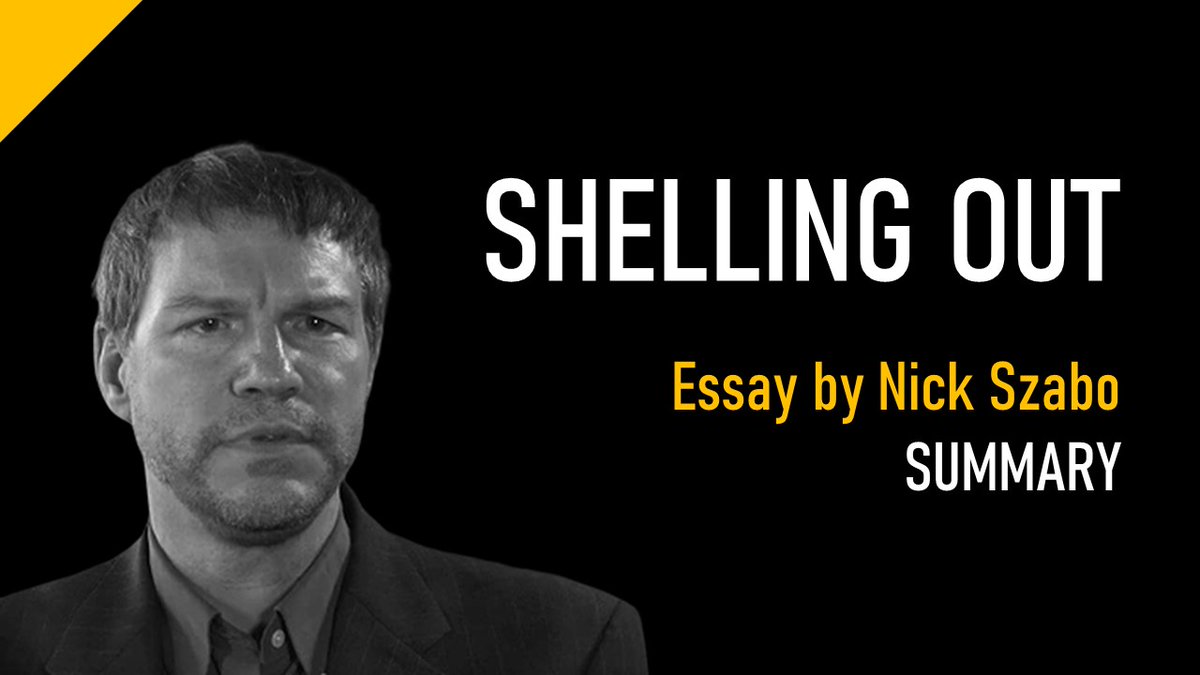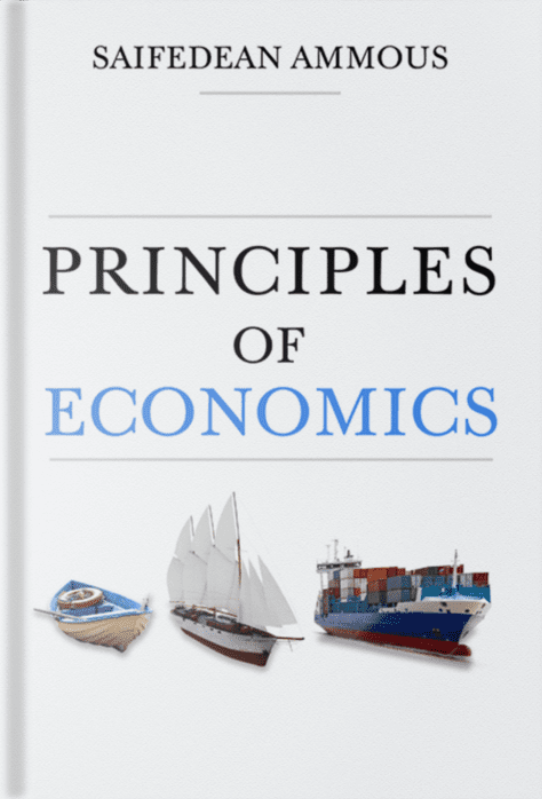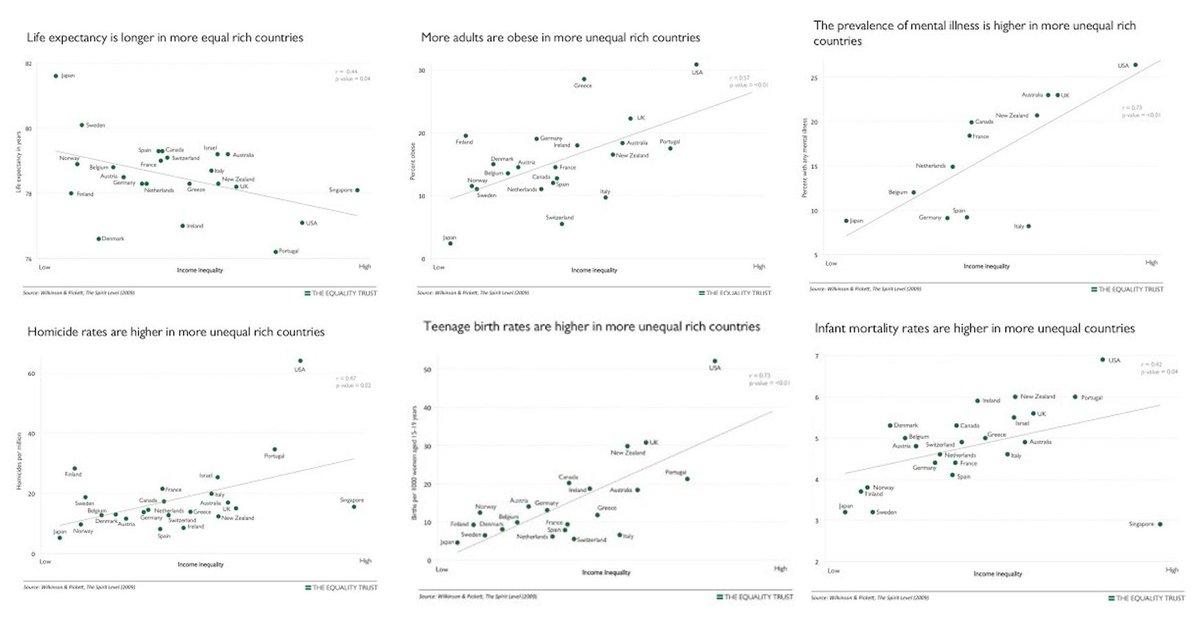
In "A Masterclass in Economic Calculation" @michael_saylor talks to @PrestonPysh about inflation and why he expects more companies to put bitcoin on their balance sheet.
This 6 tweet thread summarizes Michael's argument.
Check out the full episode here: bit.ly/2WPymtu
This 6 tweet thread summarizes Michael's argument.
Check out the full episode here: bit.ly/2WPymtu
1/ CPI is losing relevance as a measure of inflation.
Businesses looking to understand how much purchasing power their cash will lose should track M2 money supply growth, which approximates the cost of capital.
While US CPI inflation rose only 0.2% in 2020, M2 soared by 24%.
Businesses looking to understand how much purchasing power their cash will lose should track M2 money supply growth, which approximates the cost of capital.
While US CPI inflation rose only 0.2% in 2020, M2 soared by 24%.

2/ One reason for the disparity is that key items in the basket of goods that make up the CPI are subject to strong deflationary pressure.
This is especially true for intangible services such as software and digital entertainment where variable costs per unit are low.
This is especially true for intangible services such as software and digital entertainment where variable costs per unit are low.

3/ Instead of bidding up the CPI, new money is flowing into assets.
In 2020, the average price of a house in the Hamptons rose 15% in 16 weeks. The price of Apple stock doubled in five months. Bitcoin is up >400%.
We are seeing hyperinflation in scarce, desirable assets.
In 2020, the average price of a house in the Hamptons rose 15% in 16 weeks. The price of Apple stock doubled in five months. Bitcoin is up >400%.
We are seeing hyperinflation in scarce, desirable assets.

4/ Corporations are faced with an increasingly stark choice.
They can either hold their cash in fiat currency and watch its purchasing power melt away at the rate of M2 expansion (~10-15% p.a.) or they can hold their reserves in a secure digital asset with a fixed supply.
They can either hold their cash in fiat currency and watch its purchasing power melt away at the rate of M2 expansion (~10-15% p.a.) or they can hold their reserves in a secure digital asset with a fixed supply.

5/ Major companies like MicroStrategy, PayPal, MassMutual and Square acquired significant bitcoin holdings in 2020.
MicroStrategy purchased 70,470 BTC at an average price of $15,964. Bitcoin's price has since risen to $26,543.
Their example shows what is possible.
MicroStrategy purchased 70,470 BTC at an average price of $15,964. Bitcoin's price has since risen to $26,543.
Their example shows what is possible.

6/ Companies like Apple, Amazon and Tesla could generate significant shareholder value by converting their USD reserves into bitcoin.
This would not only protect them from inflation but would give an early-mover advantage by helping normalize bitcoin's use as a reserve asset.
This would not only protect them from inflation but would give an early-mover advantage by helping normalize bitcoin's use as a reserve asset.

Thank you for reading.
If you enjoyed this thread please retweet to help its message reach a wider audience.
For more like this follow me at @TheAustrian3.
You can find out more about me and access my collated threads on my medium page: theaustrian3.medium.com
If you enjoyed this thread please retweet to help its message reach a wider audience.
For more like this follow me at @TheAustrian3.
You can find out more about me and access my collated threads on my medium page: theaustrian3.medium.com
• • •
Missing some Tweet in this thread? You can try to
force a refresh










